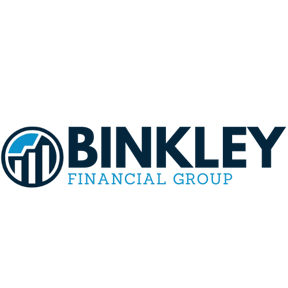Cash Value Life Insurance vs. Other Investment Options
Compare cash value life insurance with other investment vehicles to understand its unique advantages and suitability.
5/14/20242 min read


Introduction:
Investors today have a plethora of options when it comes to saving for the future, each with its own set of features, benefits, and drawbacks. Cash value life insurance is a unique investment vehicle that offers more than just the death benefit—it also provides a component of cash value growth. This blog post will compare cash value life insurance to other common investment vehicles, highlighting its distinctive advantages and potential drawbacks.
Cash Value Life Insurance vs. Traditional Investment Vehicles:
401(k) Plans and IRAs (Individual Retirement Accounts):
Similarities: Like cash value life insurance, these accounts are designed to save for retirement and can offer tax advantages.
Differences: 401(k)s and IRAs are subject to annual contribution limits, mandatory withdrawal requirements, and potential early withdrawal penalties. Cash value life insurance does not have contribution limits or mandatory distributions, and it offers more flexible withdrawal options.
Mutual Funds and Stocks:
Similarities: These investments can provide substantial growth potential and are popular choices for building wealth.
Differences: Unlike cash value life insurance, mutual funds and stocks do not offer a fixed death benefit and are subject to market volatility. Cash value life insurance provides a death benefit and may offer a guaranteed minimum cash value growth, which can buffer against market downturns.
Bonds and Certificates of Deposit (CDs):
Similarities: Bonds and CDs are considered safer investments, much like the conservative component of a cash value life insurance policy.
Differences: While generally safe, bonds and CDs currently offer lower returns due to historically low interest rates. Cash value life insurance policies typically guarantee a minimum return and have the potential for higher returns through dividends (in the case of participating policies).
Real Estate:
Similarities: Real estate can appreciate over time and provide tax benefits.
Differences: Real estate requires significant management and upkeep, and liquidity can be an issue. Cash value life insurance offers liquidity through loans and withdrawals and requires less active management.
Advantages of Cash Value Life Insurance:
Tax Benefits: Cash value grows tax-deferred, and beneficiaries receive the death benefit tax-free.
Liquidity: Offers liquidity during the policyholder’s lifetime through loans and withdrawals, which are not subject to age restrictions or mandatory distribution rules.
Versatility: Can be used for a variety of financial needs, including retirement planning, education funding, and estate planning.
Considerations:
Cost: Premiums for cash value life insurance can be higher than the cost of other investment types due to the insurance component.
Complexity: These policies can be more complex than other investment vehicles, requiring a thorough understanding or the guidance of a financial advisor.
Conclusion:
When considering investment options, it's important to evaluate your individual financial goals, risk tolerance, and investment timeline. Cash value life insurance offers unique benefits that can complement a diversified investment strategy, particularly for those seeking a combination of life coverage and flexible investment opportunities with tax advantages.
Durango, Colorado
+17194637116
info@binkleyfinancialgroup.com
Find us On Social
Contact Us
Copyright ©2024 | Binkley Financial Group | All rights reserved
